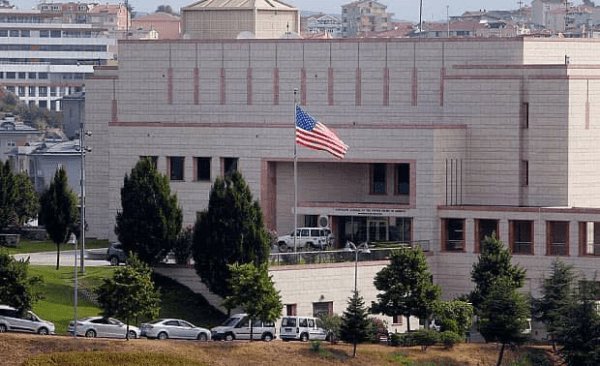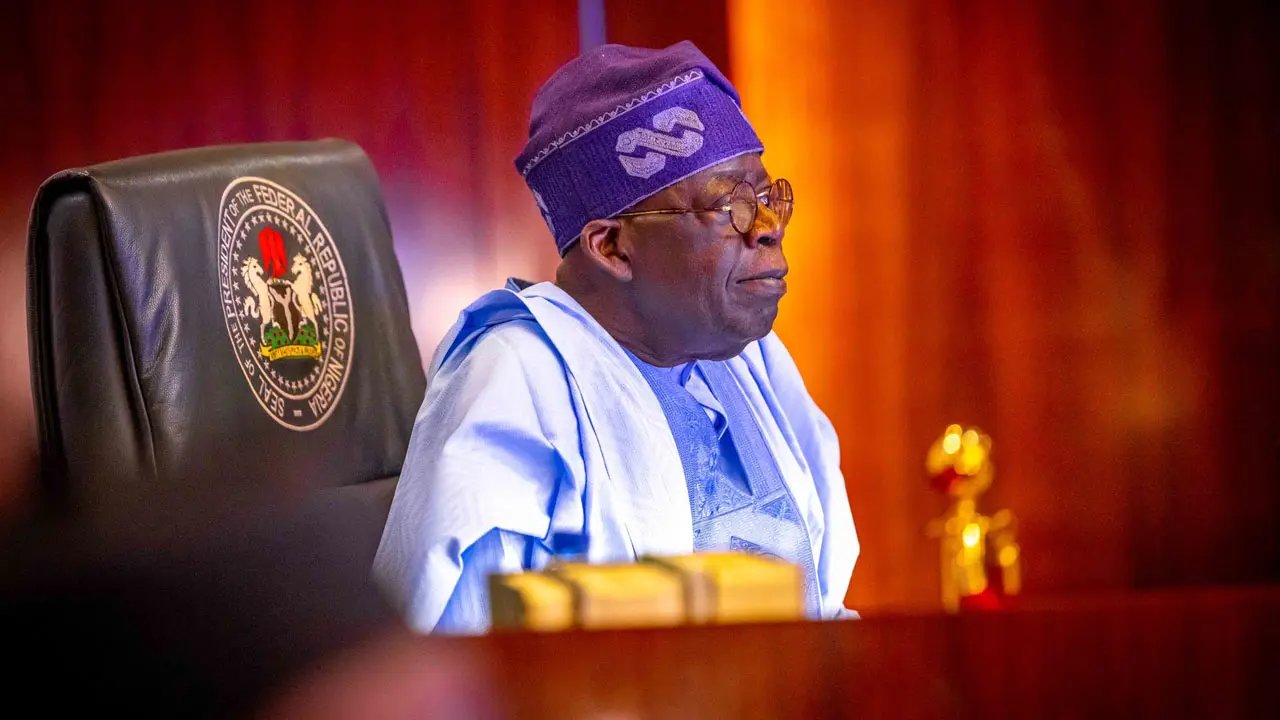
“Take My Kids Out of Your Drama” — Junior Pope’s Widow Blasts Guest Who Posted Funeral Photos Online Against Her Wishes

The mourning period of a grieving family is meant to be a time of solemn reflection, respect, and privacy, but for the widow of late Nollywood actor Junior Pope, it has become yet another battle to fight against the insensitivity of some individuals in today’s social media–driven world. Jennifer, the wife of the late actor, who has been navigating life with immense pain since the tragic death of her husband, has now found herself forced to publicly call out someone who, despite clear instructions, took photos of her and her children at Junior Pope’s funeral and posted them online for clout. In an emotional outburst shared online, Jennifer expressed her frustration and disappointment at the blatant disregard for her family’s grief, making it clear that she would not stay silent while her children were dragged into unnecessary social media drama.
Junior Pope, who died in a tragic accident earlier this year, left behind not only a strong legacy in Nollywood but also a young family who are now forced to live with his absence. Since his passing, the widow and their children have been trying to find strength amid a wave of public sympathy and endless media coverage. Funerals are, by nature, a time for closure and respect, but in this case, the line between private mourning and public spectacle seems to have been crossed. Jennifer revealed that she had sternly warned against posting photos of her children and herself during the funeral, yet someone who attended went ahead to do exactly what she feared. According to her, the individual in question had initially agreed to keep the images private but later uploaded them anyway, going as far as captioning one of the photos with words that suggested excitement at “meeting the family for the first time.”
The widow’s outburst captured raw anger and deep hurt. “You were STERNLY WARNED not to post pictures of my kids and I on social media. You attended a funeral to create content which is ok, but kindly exclude Jnr Pope’s kids and wife from your BS. You agreed you wouldn’t post, only to do otherwise,” she wrote with unfiltered rage. She continued, “You further took a picture where you were being asked not to post and captioned it; you feel loved meeting the family for the first time… really??? Oh well, I won’t tag you but very certain you’d see this. Do your shit but kindly take my kids and I off your drama! Sincerely, never been this pissed!”
Her words quickly spread across social media, with many sympathizing with her and criticizing the culture of turning every event, even something as sacred as a funeral, into content for likes, shares, and online engagement. To many observers, this situation highlights the growing insensitivity in an age where people prioritize their personal brand and online relevance over the feelings of those directly affected by tragedy. A funeral, especially one that involves young children grieving the sudden loss of their father, is no place for unsolicited photography that ends up on the internet for strangers to comment on.
The late Junior Pope’s death was already a highly publicized tragedy that drew national attention, with fans and colleagues pouring out tributes and sharing memories of his life and career. For his widow, the spotlight has been almost impossible to escape, but what makes matters worse is when boundaries are ignored and her children are unwillingly exposed to the public eye. Many commenters online pointed out that grieving children deserve to be shielded from such attention, and that Jennifer had every right to demand privacy and control over how images of her family are shared.
This incident has also sparked a broader conversation about the lack of boundaries in Nigeria’s entertainment and social media culture. While it has become increasingly common for attendees at public and private events to document everything for their followers, there is still an expectation of basic human decency and respect, especially during moments of grief. Jennifer’s public statement serves as a reminder that not all content is worth posting, and not all attention is harmless. The psychological effect of constantly seeing their faces online could have long-term consequences for her children, and that is something no parent should have to accept unwillingly.
What stings the most for Jennifer, however, is the betrayal of trust. She made it clear that she gave direct instructions not to post the pictures and received assurances that her request would be honored. To have that trust broken, and then to see her family’s images circulated with frivolous captions, was understandably enraging. Her outcry is not just about a single photograph—it is about the repeated disregard for her family’s need to mourn privately, without the intrusion of people who value social media drama over compassion.
Some social media users have speculated that the unnamed person Jennifer called out might have intended no harm, but the overwhelming response from the public leans heavily in support of her stance. Grief, many argued, should not be content, and funerals are not backdrops for self-promotion. The widow’s emotional appeal resonates with anyone who has ever struggled to balance personal tragedy with the invasive tendencies of a society that is increasingly losing touch with the meaning of boundaries.
At the heart of this matter is also the dignity of Junior Pope himself. As a beloved Nollywood figure, his passing deserves to be honored without being overshadowed by unnecessary controversy. His wife and children are the ones left to pick up the pieces, and their wishes should carry the utmost weight in how his memory is handled. By ignoring Jennifer’s request, the individual not only disrespected her but also disrespected the legacy of the late actor by turning his final farewell into an opportunity for social media engagement.
The widow’s boldness in speaking out also sends a strong message to others who might have thought of exploiting her pain for attention. It sets a boundary that needs to be respected—not just for her family, but for all families in similar situations. In an age where everyone feels entitled to document and broadcast everything, there is still a need to draw the line when it comes to grieving families who are simply trying to heal.
As the dust settles from this latest outburst, one can only hope that her words are taken seriously, and that people learn to think twice before pulling out their phones in moments that require empathy rather than exposure. For Jennifer and her children, the journey ahead is already difficult enough without the added burden of seeing their private moments turned into public spectacle. Her cry of frustration is not just a rant—it is the voice of a grieving widow demanding that her pain be respected.
And perhaps, in her anger, she has reminded the world of something that should never have been forgotten in the first place: not everything is meant for content, not every moment needs an audience, and not every grieving family wants to be part of the endless cycle of social media drama. Sometimes, the most powerful show of support is silence, respect, and the simple act of allowing a family to mourn in peace.


